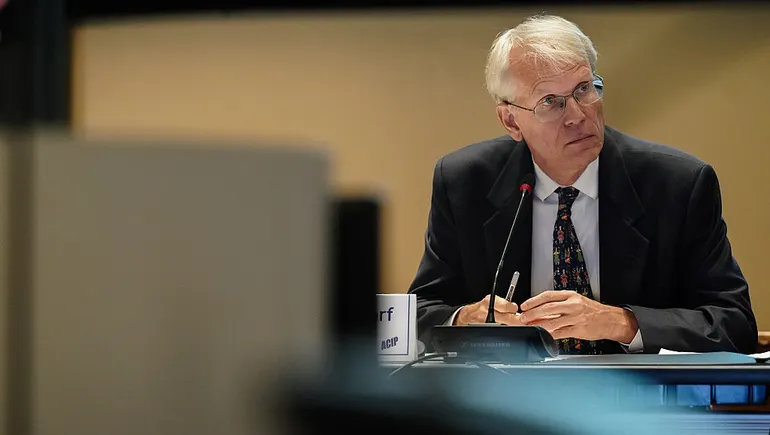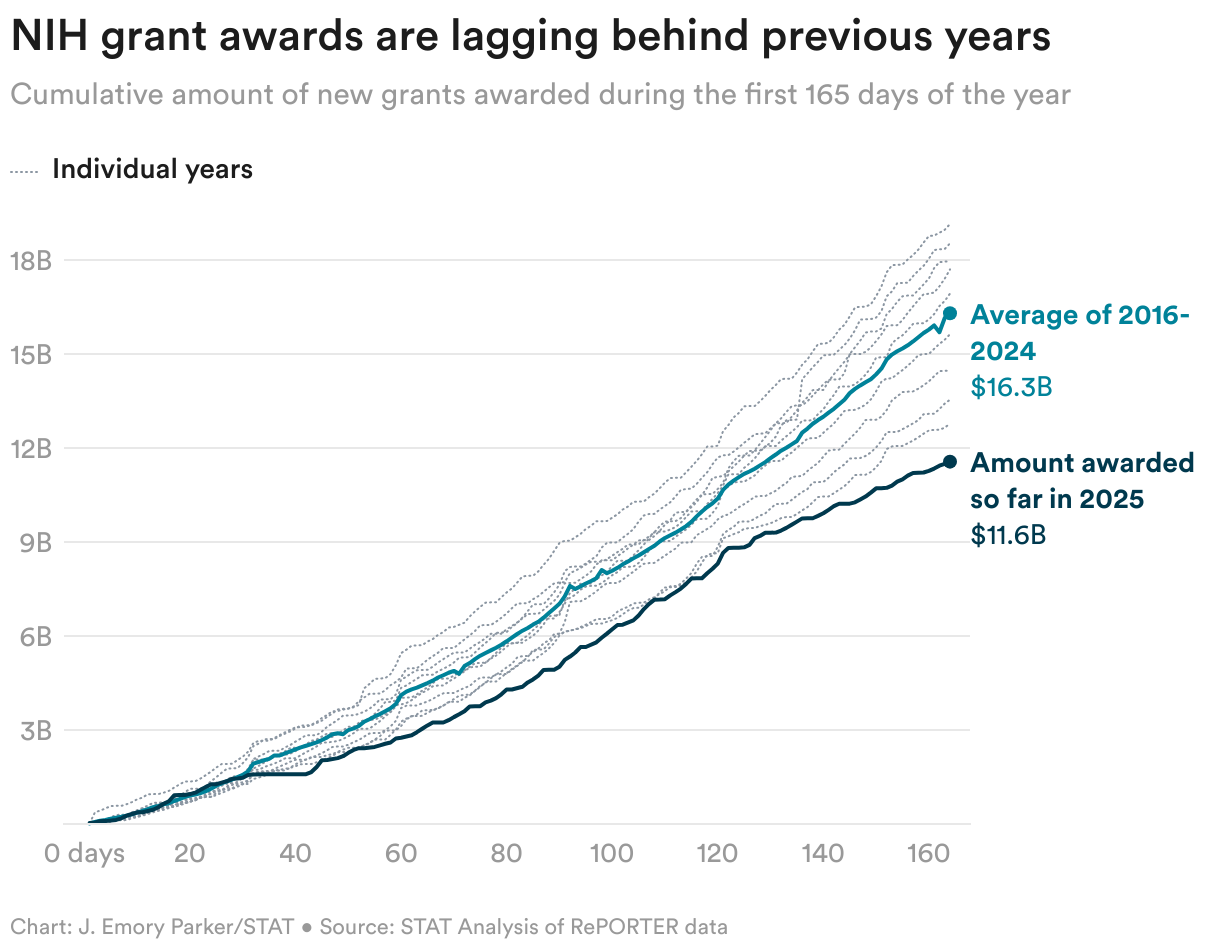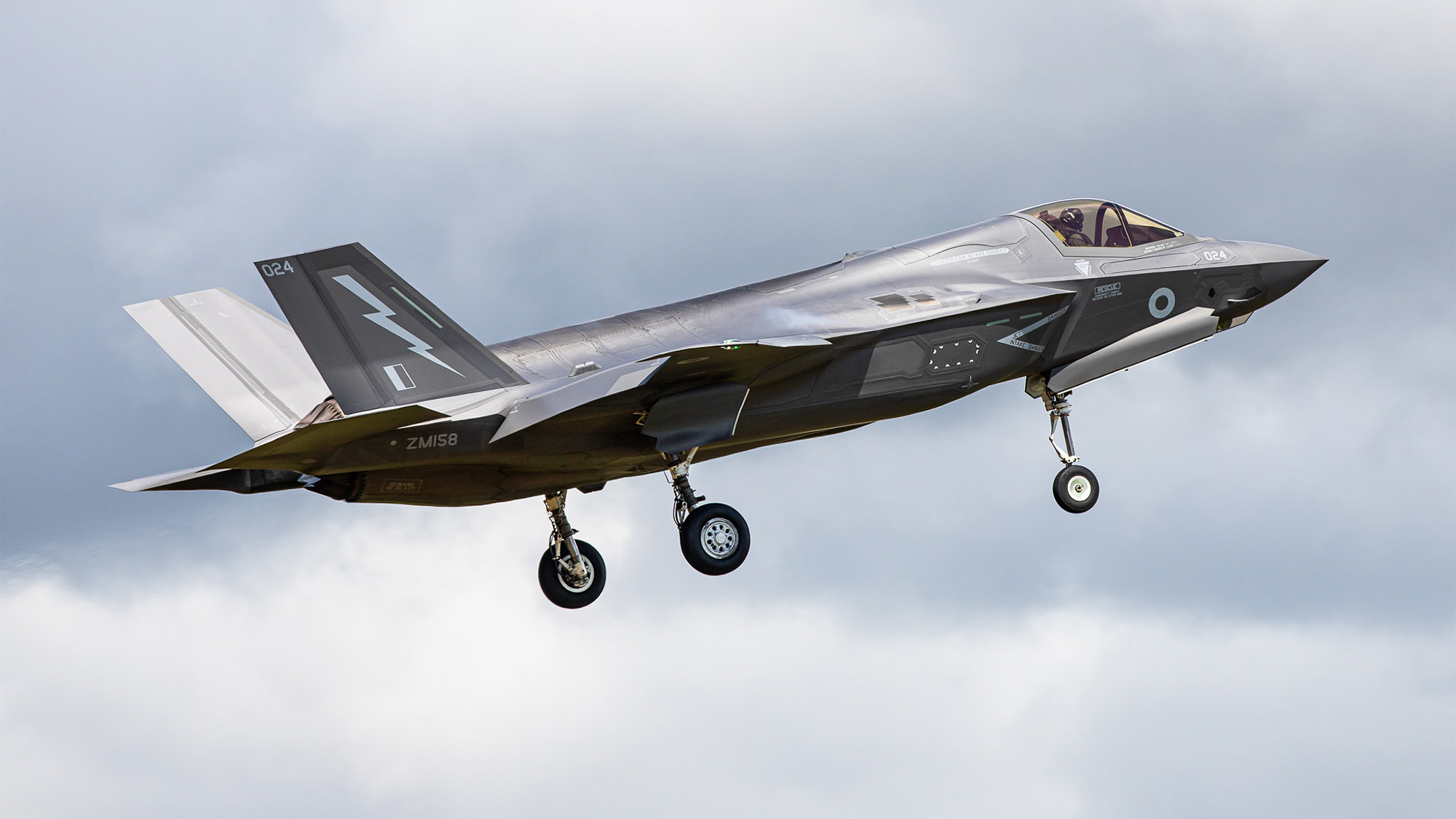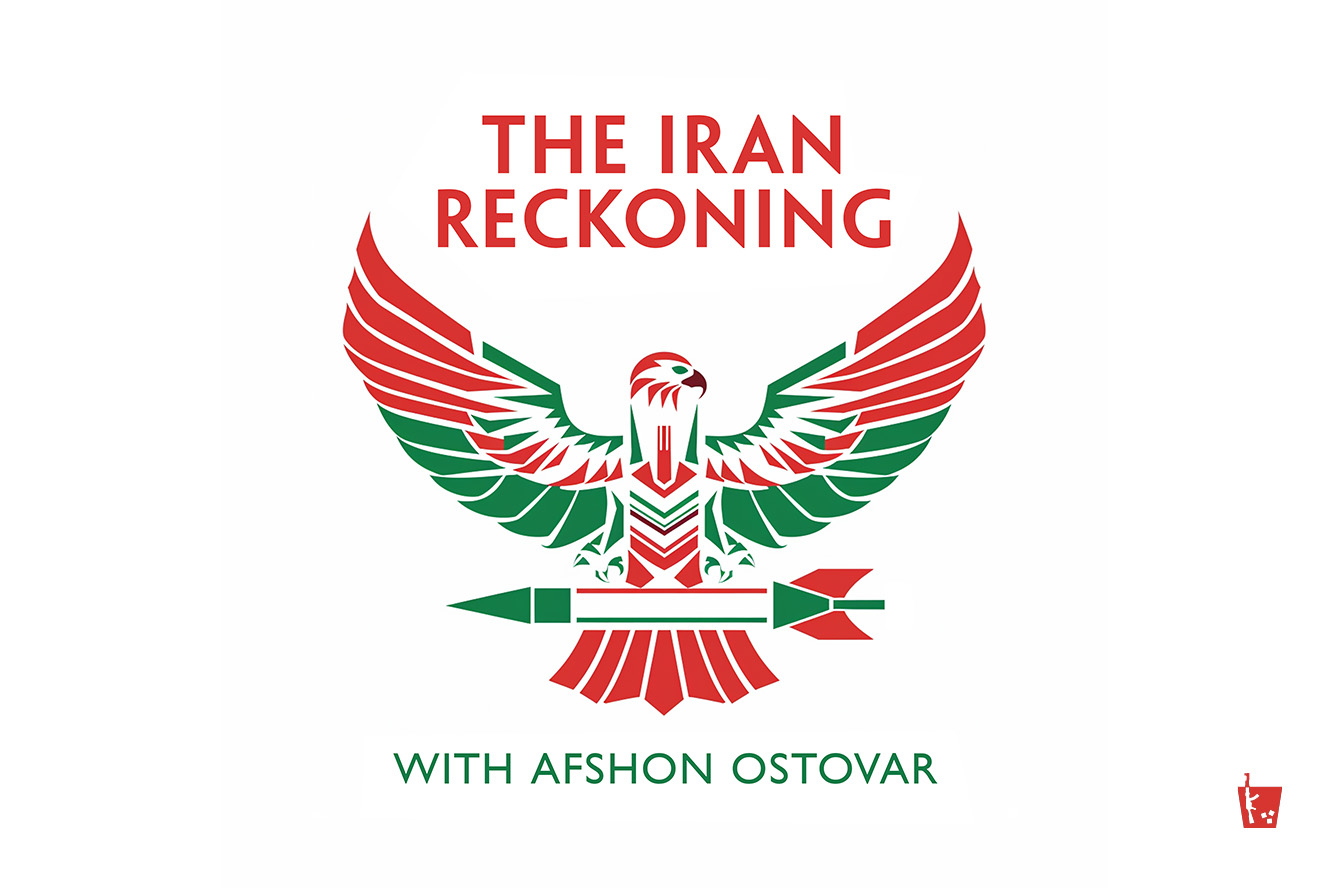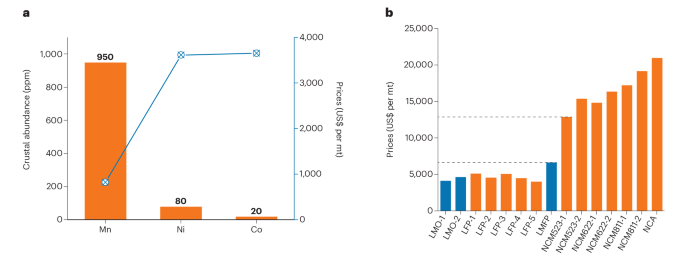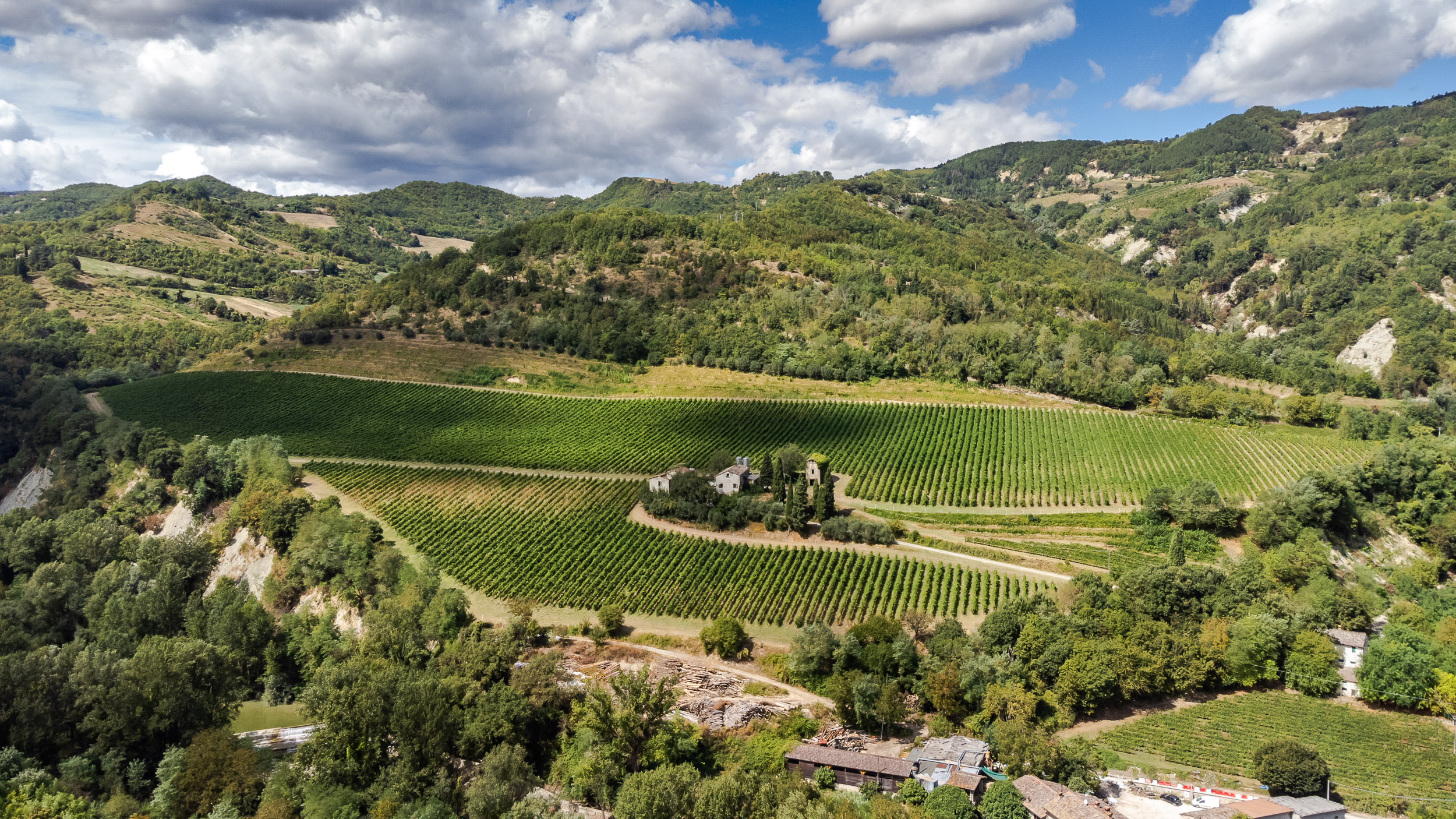As the dust settles after a Liberal fightback saw Mark Carney hold onto the Canadian premiership in last month's election, db looks at what this means for the country's drinks industry, especially with regards to tariffs imposed by its neighbour south of the border.
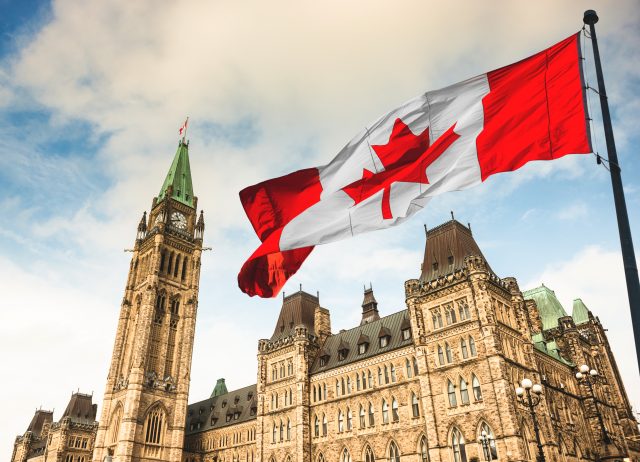
Carney, who is perhaps best known to UK readers as the former governor of the Bank of England, became Prime Minister of Canada following Justin Trudeau's resignation in March. Calling a snap election, Carney's victory on 28 April went against what the polls had been suggesting for months prior, Many political pundits have suggested that the Liberal victory was a direct result of Donald Trump's hostility towards Canada, with taunts of the Great White North becoming the "51st state".
Cal Bricker, president of Spirits Canada, questions whether it is right to describe Carney as a candidate who defined himself in opposition to the US President: "I’m not sure that it is an apt description of the newly-elected Prime Minister to say that he is ‘anti-Trump.’ I think it’s fairer to say that his public proclamations augur more towards being rigorous in his defence of Canadian sovereignty and commercial interests under the auspices of the USMCA [United States–Mexico–Canada Agreement]."
Bricker is eager to continue the continental collaboration with other North American trade bodies representing the spirits sector.
"Spirits Canada is united with DISCUS [Distilled Spirits Council of the United States] and Mexico’s Tequila Chamber in calling for recent trade actions to be reversed as they have a severe impact on our industry," Bricker continued. "We are in constant contact with officials in all three countries making this case every opportunity we can."
The Canadian spirits industry is experiencing challenging times, regardless of who is top dog in Ottawa, according to Bricker.
"While we are facing some severe headwinds as a result of trade disruptions, public health interventions, economic challenges and shifting consumer demographics and behaviours, there is much to feel positive about," said Bricker. "There is likely more change going on in Canada’s marketplace for spirits than there has been in probably a century. Our hope is to capitalise on these dynamics to help grow our members brands."
Asked whether Carney's connections to the UK might facilitate trade between Canada and the UK, Brick said: "I don't think it can hurt."
Outlook from Ontario
Home to more than a third of the country's population, Ontario is Canada's most populous province. Although the liquor control boards of Canadian provinces do not directly comment on political matters, a spokesperson for the Liquor Control Board of Ontario (or LCBO) shared: "At the direction of the Government of Ontario, LCBO has stopped purchasing all US products and US products are not available for sale. LCBO has replaced US products on shelves with suitable alternatives. This includes local Ontario-made and Canadian-made spirits, wine, cider, beer and ready-to-drink beverages."
Jim Lisser, the executive director of Drinks Ontario, the trade body representing the province's drinks sector, shared that it has a "strong, collaborative relationship with Premier [Doug] Ford’s government, Ministry of Finance and the LCBO in advancing consumer-focused solutions and modernising the marketplace".
Lisser expressed optimism that Carney's premiership could help to alleviate the situation with the US.
"We look forward to Prime Minister Carney developing business strategies that eliminate tariffs on Canadian goods and support the return of US products to our market," he shared. "In addition, we continue to support interprovincial trade in domestic products to expand consumer access and strengthen Canada's internal market. We also believe in the reduction of excise taxes to further support the beverage alcohol industry and help foster growth and long-term sustainability."
British Columbia's concerns
On the other side of the country in British Columbia (BC), the province's wine industry is hoping to see some support from Prime Minister Carney.
Jeff Guignard, president and CEO of Wines of British Columbia, said: "We hope the Prime Minister sees BC wine as a something that can be truly world-class and commits to strategic investment in its growth – whether via targeted funding for climate adaptation, marketing programs to expand our global presence, or eliminating internal trade barriers that hold our industry back.”
Regarding the tariff situation, Guignard said he was "cautiously optimistic".
The Prime Minister’s global economic experience and understanding of international markets could be a game-changer in addressing outdated trade restrictions. A good start would be modernising interprovincial trade rules and advocating for fairer international tariff structures that reflect the quality and potential of Canadian wines."
Regarding the former suggestion, last year a dispute erupted when
the province of Alberta banned British Columbian producers from selling their wines directly to Albertan consumers due to concerns from the Alberta Gaming and Liquor Commission over missing out on its cut of the sales tax.
Asked the question of whether Carney's links to the UK might foster the trans-Atlantic trade of wines from Canada's Pacific coast, Guignard said: "The UK is a premium wine market that values craftsmanship and sustainability – two of BC wine’s greatest strengths. If the Prime Minister can help open doors and put Canadian wine on the radar of UK consumers, we’re ready to step up. BC wines deserve a place on the global stage, and the UK is a logical place to grow."
Wines of British Columbia's 2021-23 export strategy had the UK down as a "primary target market", as it is the largest export market for Canadian wine in Europe and the sixth largest globally.
One area of vulnerability for British Columbia's wine sector has been the climate, with recent growing seasons blighted by extreme weather, from
frosts to
wildfires.
“Climate change is no longer a long-term threat, it’s a current crisis for grape growers. We need urgent support: investment in replant programs, climate-resilient research, and transition funding to help producers adapt. We’re counting on our federal government partners to back BC agriculture with real resources and long-term vision,” stressed Guignard.
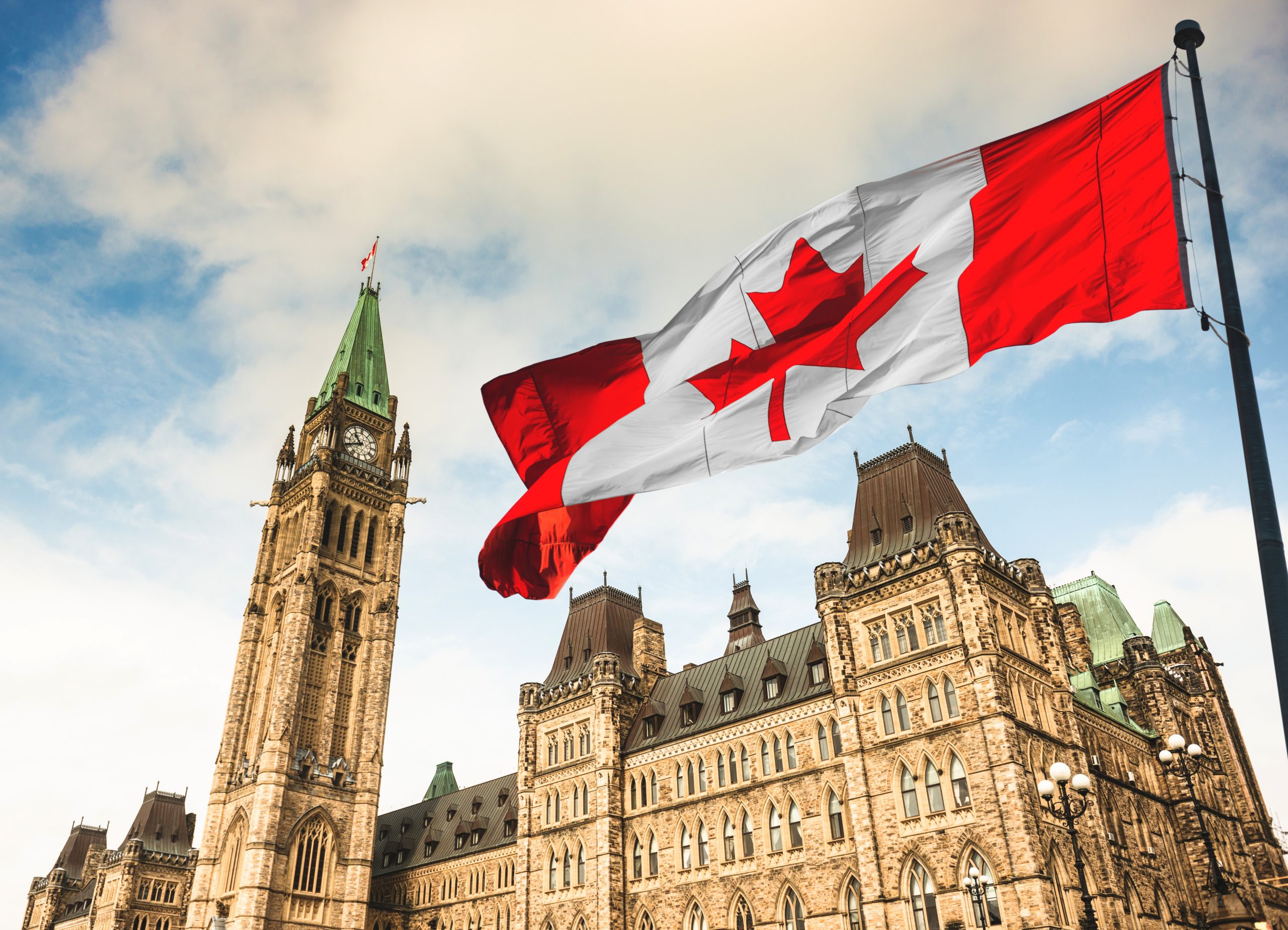
 Carney, who is perhaps best known to UK readers as the former governor of the Bank of England, became Prime Minister of Canada following Justin Trudeau's resignation in March. Calling a snap election, Carney's victory on 28 April went against what the polls had been suggesting for months prior, Many political pundits have suggested that the Liberal victory was a direct result of Donald Trump's hostility towards Canada, with taunts of the Great White North becoming the "51st state".
Cal Bricker, president of Spirits Canada, questions whether it is right to describe Carney as a candidate who defined himself in opposition to the US President: "I’m not sure that it is an apt description of the newly-elected Prime Minister to say that he is ‘anti-Trump.’ I think it’s fairer to say that his public proclamations augur more towards being rigorous in his defence of Canadian sovereignty and commercial interests under the auspices of the USMCA [United States–Mexico–Canada Agreement]."
Bricker is eager to continue the continental collaboration with other North American trade bodies representing the spirits sector.
"Spirits Canada is united with DISCUS [Distilled Spirits Council of the United States] and Mexico’s Tequila Chamber in calling for recent trade actions to be reversed as they have a severe impact on our industry," Bricker continued. "We are in constant contact with officials in all three countries making this case every opportunity we can."
The Canadian spirits industry is experiencing challenging times, regardless of who is top dog in Ottawa, according to Bricker.
"While we are facing some severe headwinds as a result of trade disruptions, public health interventions, economic challenges and shifting consumer demographics and behaviours, there is much to feel positive about," said Bricker. "There is likely more change going on in Canada’s marketplace for spirits than there has been in probably a century. Our hope is to capitalise on these dynamics to help grow our members brands."
Asked whether Carney's connections to the UK might facilitate trade between Canada and the UK, Brick said: "I don't think it can hurt."
Carney, who is perhaps best known to UK readers as the former governor of the Bank of England, became Prime Minister of Canada following Justin Trudeau's resignation in March. Calling a snap election, Carney's victory on 28 April went against what the polls had been suggesting for months prior, Many political pundits have suggested that the Liberal victory was a direct result of Donald Trump's hostility towards Canada, with taunts of the Great White North becoming the "51st state".
Cal Bricker, president of Spirits Canada, questions whether it is right to describe Carney as a candidate who defined himself in opposition to the US President: "I’m not sure that it is an apt description of the newly-elected Prime Minister to say that he is ‘anti-Trump.’ I think it’s fairer to say that his public proclamations augur more towards being rigorous in his defence of Canadian sovereignty and commercial interests under the auspices of the USMCA [United States–Mexico–Canada Agreement]."
Bricker is eager to continue the continental collaboration with other North American trade bodies representing the spirits sector.
"Spirits Canada is united with DISCUS [Distilled Spirits Council of the United States] and Mexico’s Tequila Chamber in calling for recent trade actions to be reversed as they have a severe impact on our industry," Bricker continued. "We are in constant contact with officials in all three countries making this case every opportunity we can."
The Canadian spirits industry is experiencing challenging times, regardless of who is top dog in Ottawa, according to Bricker.
"While we are facing some severe headwinds as a result of trade disruptions, public health interventions, economic challenges and shifting consumer demographics and behaviours, there is much to feel positive about," said Bricker. "There is likely more change going on in Canada’s marketplace for spirits than there has been in probably a century. Our hope is to capitalise on these dynamics to help grow our members brands."
Asked whether Carney's connections to the UK might facilitate trade between Canada and the UK, Brick said: "I don't think it can hurt."





























































